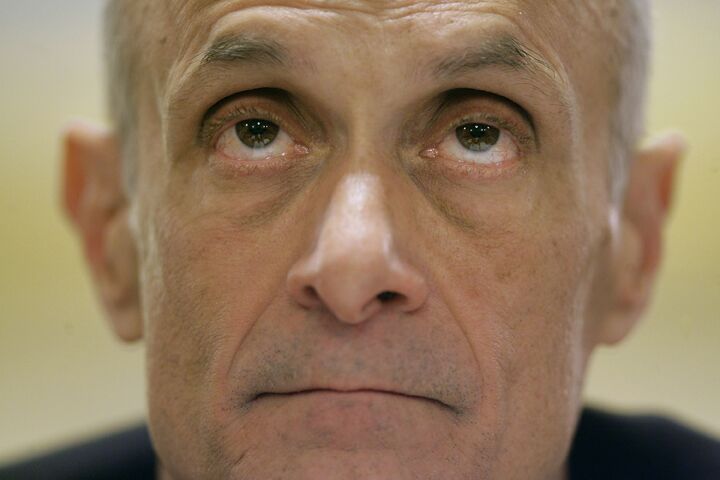
U.S. Officials Worried About Summer al Qaeda Attack
A new intelligence report brought before the White House concedes that U.S. action has done little to quell al Qaeda terrorist activity. The release comes just days after Homeland Security Secretary Michael Chertoff told the Chicago Tribune he had a “gut feeling” an attack was coming.
“Summertime seems to be appealing to them,” Chertoff said. “We do worry about whether they are rebuilding their capabilities. We strike at them; we degrade them; but they rebuild.”
Other counterterrorism officials, as well as the intelligence report (called “Al Qaeda Better Positioned to Strike West”), share Chertoff’s assessment, citing the northern border region between Pakistan and Afghanistan as a major cause for concern.
The Pakistani president, Gen. Pervez Musharraf, pulled troops out of the lawless northern tribal region in accordance with a treaty intended to decrease terrorist activity. The troops redeployed in “return for pledges from tribal leaders to expel foreign fighters and halt militant attacks in Pakistan and Afghanistan.”
Instead, the withdrawal of these Pakistani troops has created a refuge for Taliban and al Qaeda fighters to plan attacks in Afghanistan and the West.
“They seem to be fairly well settled into the safe haven and the ungoverned spaces of Pakistan,” said John Kringen, the cia’s deputy director for intelligence. “We see more training. We see more money. We see more communications. We see that activity rising.”
More than just a sore spot for U.S. interests in the region, the tribal region of Pakistan can act as a terrorist layover en route to Europe and the West. Several European countries have special arrangements with Pakistan allowing citizens, and therefore possible terrorists, freer access in and out of Europe.
With terrorists able to regroup in such an un-policed area, it is little wonder the U.S. fears a summertime attack.
